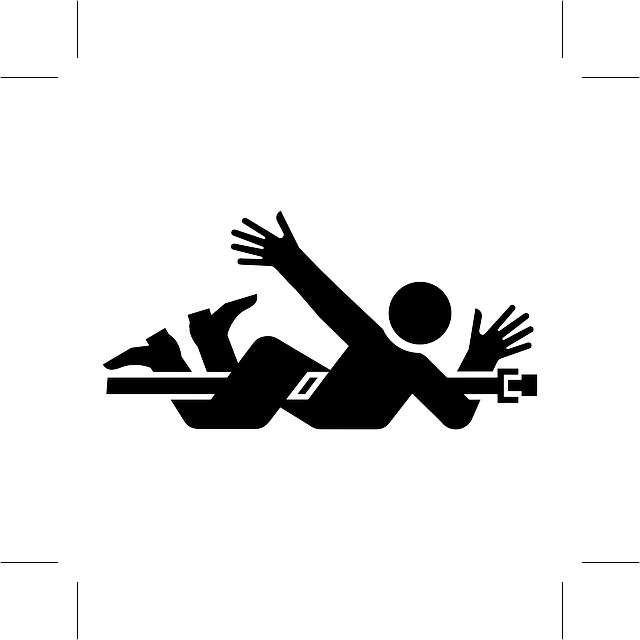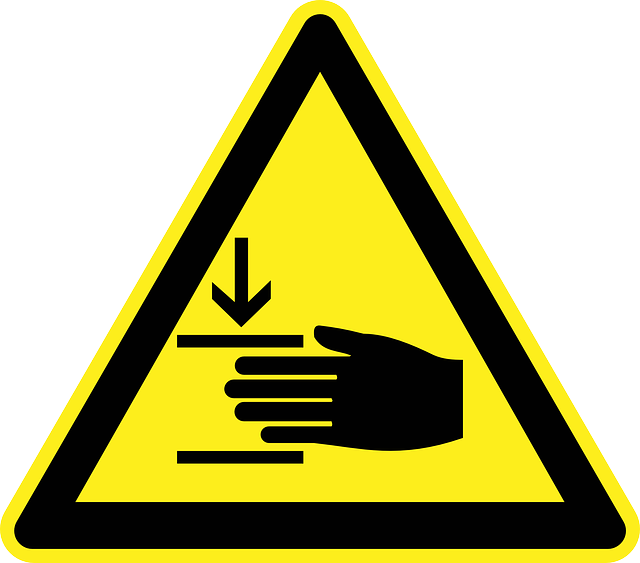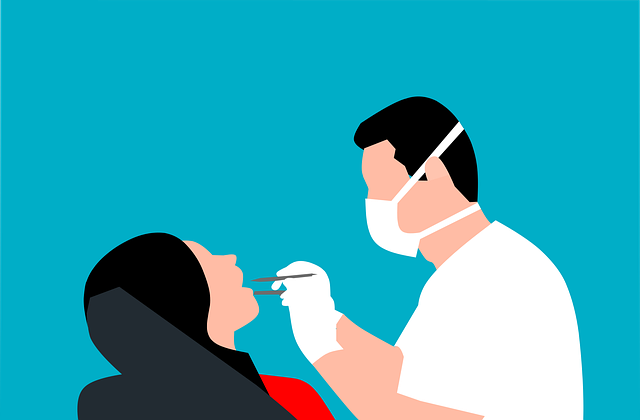Medical negligence injuries result from healthcare provider errors, such as misdiagnosis or inadequate treatment plans, leading to severe physical and emotional trauma, including long-term disabilities or wrongful death. Hospitals are held to a high standard of care under fiduciary duty, breaches of which can result in substantial accident settlements. Engaging specialized attorneys is crucial to hold hospitals accountable, compensate victims, and enhance healthcare safety. These injuries have far-reaching consequences for patients' health, well-being, and quality of life, requiring financial and emotional recovery through accident compensation.
Hospitals play a vital role in ensuring patient safety, but they also bear significant responsibility when medical negligence occurs. This article explores the pressing issue of medical negligence injuries and why hospitals must answer for them. Understanding common types of medical errors and their profound impact on patients’ lives is crucial. We delve into the measures hospitals can take to prevent and address negligence, highlighting legal obligations and the potential for enhanced patient safety through accountability. By embracing responsibility, healthcare institutions can foster trust and improve overall care quality, ultimately preventing future incidents.
- Understanding Medical Negligence Injuries
- – Definition and common types of medical negligence
- – Impact on patients' health, well-being, and lives
Understanding Medical Negligence Injuries

Medical negligence injuries refer to harm suffered by patients due to errors or omissions on the part of healthcare providers. These incidents can range from misdiagnosis and prescription mistakes to inadequate treatment plans, all of which have severe consequences for patients’ health and well-being. Recognizing and understanding these injuries is crucial as they often result in significant physical and emotional trauma, leaving victims with long-term disabilities or even wrongful death claims.
Hospitals and medical facilities bear a fiduciary duty to their patients, meaning they are held to a high standard of care. When this care is breached, leading to patient injuries, it’s not just an ethical concern but also a legal one. Many cases of medical negligence end in substantial accident settlements, emphasizing the need for healthcare institutions to maintain rigorous standards and take responsibility for their actions to prevent such incidents from occurring.
– Definition and common types of medical negligence

Medical negligence, also known as medical malpractice, refers to a professional’s failure to adhere to the accepted standards of care, leading to harm or injury to a patient. It can encompass various forms, including misdiagnosis, improper treatment, medication errors, and neglect during hospital stays. Common types include surgical errors, where doctors might operate on the wrong body part or cause internal damage; incorrect diagnoses, resulting in inappropriate treatments; and failure to properly monitor patients post-surgery or during hospitalization, leading to deterioration.
These mistakes can have severe consequences for patients, ranging from temporary disabilities to permanent injuries, and even wrongful death. When a patient suffers due to a healthcare provider’s negligence, it is crucial for hospitals to take responsibility and provide accountability. Engaging with experienced accident attorneys specializing in medical negligence cases can help ensure that victims receive the compensation they deserve for their injuries, fostering a culture of safety within the healthcare industry.
– Impact on patients' health, well-being, and lives

Patient negligence injuries can have profound and long-lasting effects on individuals’ health, well-being, and overall quality of life. Medical negligence, or medical malpractice, refers to a breach of the standard of care expected from healthcare professionals, leading to avoidable harm. When hospitals fail in their duty of care, patients may suffer severe consequences, including physical pain, disability, emotional distress, and financial burden. These injuries can result from various incidents such as misdiagnosis, medication errors, surgical mistakes, or inadequate treatment plans. The impact extends beyond the immediate medical complications; it affects a patient’s ability to work, engage in daily activities, and maintain their independence.
The effects of medical negligence injuries are often felt on multiple levels. Patients might require extensive rehabilitation, ongoing medical care, or even permanent adjustments to their lifestyle. This can result in significant emotional trauma and financial stress, especially when combined with the initial physical pain and recovery process. The responsibility to compensate victims for these losses falls upon healthcare providers and institutions, including hospitals. Addressing fiduciary duty breaches, which encompass the hospital’s obligation to act in patients’ best interests, is essential in ensuring accountability. Accident compensation plays a vital role in helping patients recover financially and emotionally during this challenging time.
Hospitals play a vital role in patient care and safety, making it imperative that they take full responsibility for medical negligence injuries. By understanding the common types of such injuries and their profound impact on patients’ lives, healthcare institutions can implement stringent measures to prevent and address these issues. Patient trust and well-being are paramount, and holding hospitals accountable for negligence is a crucial step towards fostering a culture of quality care and ensuring that folks receive the treatment they deserve—free from harm.






